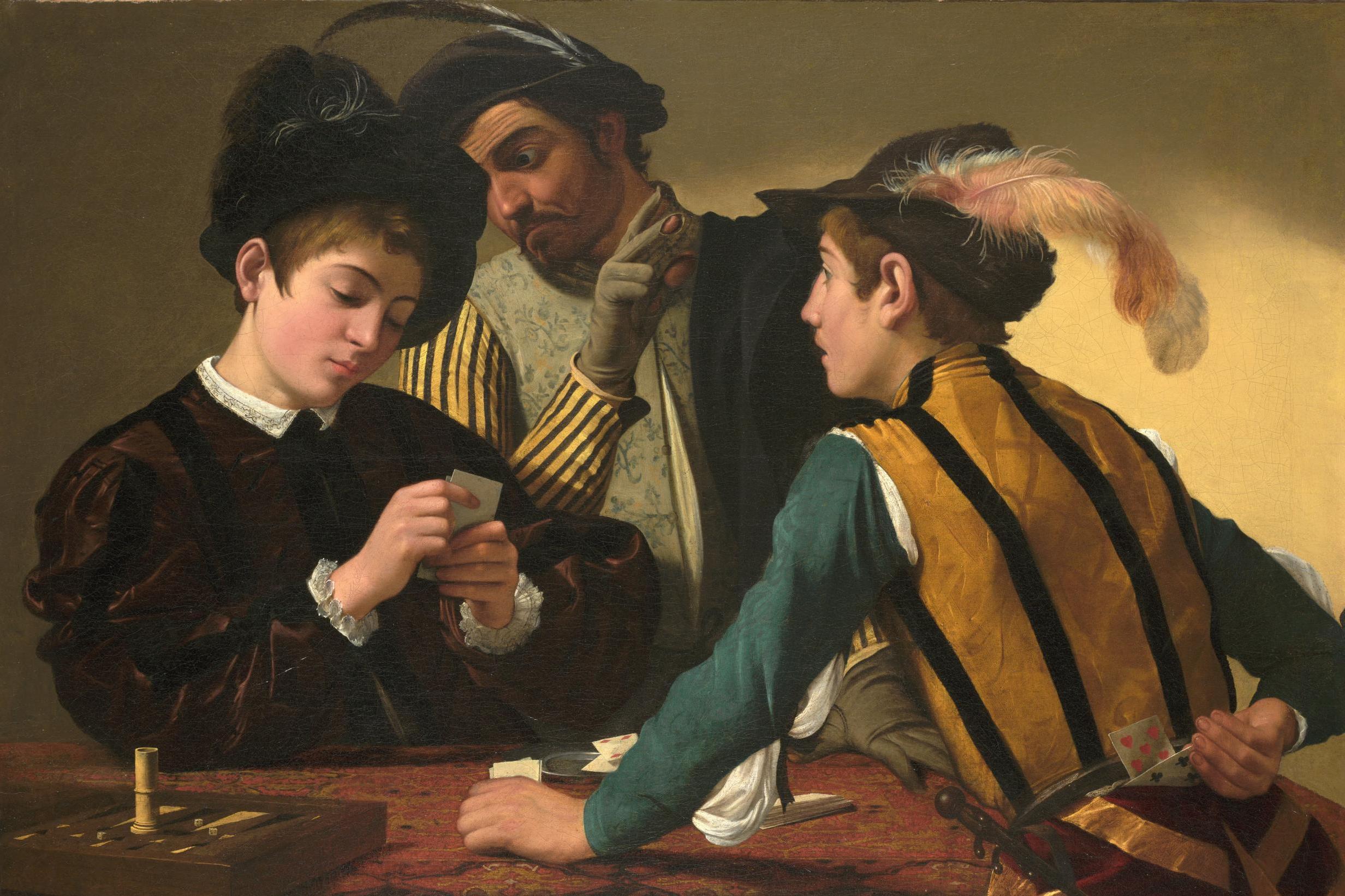Mea Culpa: zeroing in on a target known as an eggcorn
Questions of style and usage in last week’s Independent


We briefly said in a headline that the investigation into the disappearance of Madeleine McCann “hones in on suspect”. This phrase was originally a mishearing of “homes in on”, confusing it with “hone”, meaning to sharpen or refine. It refers to a missile homing in on its target, whereas hone, from Old English for stone, refers to sharpening the blade of a knife or sword.
This kind of phrase was named an “eggcorn” by Geoffrey Pullum, a linguist, in 2003, after that mishearing of “acorn”. Many of them are quite logical, such as “wipe board” for “whiteboard”, or “card shark” for “card sharp”. So much so that some of them have become the preferred usage, such as “duct tape”, which was originally “duck tape”, made from duck cloth (from Dutch doek, canvas), but which makes more sense to people as heavy duty tape for sealing heating ducts.
The “hone” form of “home in on” accounted for one in six uses in the British press over the past year, so it is common but not yet standard. While accepting that language changes and that some eggcorns become accepted usage, we should avoid it for as long as a lot of readers think it is wrong.
Showing off: In a comment article we said that the lockdown guidelines in Australia “were flaunted from the outset”. We meant “flouted”. Flaunt means show off; flout means disregard with attitude. There is an overlap in meaning, which accounts for the confusion, but the words are different. Thanks to John Schluter for pointing that out.
Who let them out? John also drew my attention to the first paragraph of a comment article in which we said Donald Trump had “sicced the US military on his own citizens”. I wrote last week about how Americanisms liven up British English, and the sense here is just about discernible, but I think “sicced” is a slang phrase too far. The internet tells me it means “set (a dog) on”, with variant spellings. “Set” would have been fine.
Ongoing campaign: We put this headline on a thoughtful article by Hamish McRae, our economics commentator: “The ongoing US protests will affect the world in more ways than you might think.” The word “ongoing” adds nothing, and did not appear in the article itself. We would need to specify which protests only if the article was about the Boston Tea Party or the march on the Selma bridge.
Senior moment: In the “home news in brief” section of the Daily Edition, we had this headline: “OAP dies after rocks thrown as he ‘confronted poachers’.” Fiona Glass rightly objected to the use of an abbreviation (for “old age pensioner”), not only because it is ugly, or because it must baffle our North American readers, who would call him a “senior”, but because it is rather impersonal. We could just have described 66-year-old Charles Hilder as a “man”.
Join our commenting forum
Join thought-provoking conversations, follow other Independent readers and see their replies
Comments